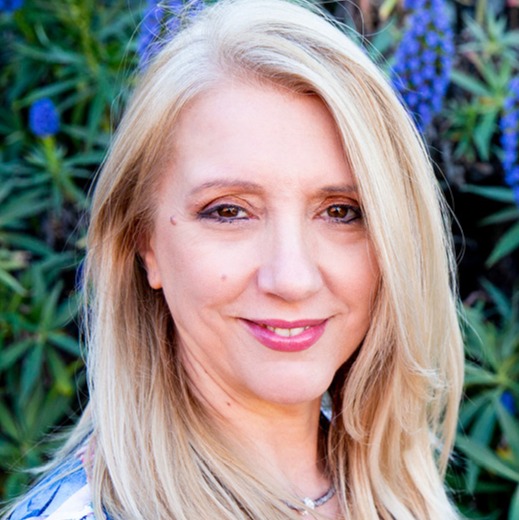
When I was young, I usually tried to hide behind my mum’s skirt while queuing at the supermarket's cashier so people would not engage in conversation with me.
As I grew older, that same shyness was always present, particularly at parties when I do not know anyone. Do I enjoy travelling on my own? Not really.
If I am lucky and someone talks to me, I talk back and I am able to establish a good conversation, otherwise I will remain silent and evasive. This is a matter of minutes but the first minutes of interaction can be quite difficult.
I always wondered how it was possible that others can talk to anyone, be loud, and say inappropriate things without minding how they may come across.
Shyness can happen to anyone including many successful members of society. Recent research is considering shyness as an inborn trait, partly linked to a gene called SLC6A4 (from studies conducted by Daniel Weinberger from the NIMH in the USA).
According to his studies people with one or two variants of a shorter version of the gene show more activation in the fear region of the brain (the amygdala) when they are asked to review photos of individuals who appeared to be frightened.
Some children seem to be born with a predisposition to shyness and with the “shy” gene activated; the person will manifest shy behaviours in adulthood. These behaviours may change with the roles performed in life.
In my professional life, very rarely I feel shy when I am in front of people, which has always surprised me. However in my social life shyness seems to take over in some instances until I consciously redirect my efforts to overcome these awkward moments.
I perceive my shyness through an internal feeling in my body that occurs mainly when I am not sure what to do in the face of unknown people or situations.
If I am conscious that it is happening, I usually take a deep breath, smile and imagine that the people that surround me are willing to get to know me. This change of thinking pattern helps me to deal with the uncomfortable feelings at the time and once this sensation has dissipated, I have a great time.
If you are shy, recognise it, accept it and work with it. The shyness gene maybe there but we can certainly apply strategies to minimise the feeling and consequently feel better within ourselves and create more enjoyable interactions with others.
These Stories on Leadership & Culture

Founder & CEO
About my Brain Institute
Scientist, educator, author, speaker, coach, award-winning leadership specialist, filmmaker and creator of the i4 Neuroleader Model & Methodology.
Silvia's scientific background and curiosity about the human brain led her to a decade long journey of research into optimal brain functioning and the application of neuroscience in leadership and daily life. Her past and current roles have uniquely prepared her for the current undertaking, that of leadership activist & change agent.
Silvia Damiano founded The About my Brain Institute in 2009, with the purpose of democratising leadership & neuroscience. She has a passionately held belief, that leaders in our 21st century global economy and their organisations must radically change long-held ideas of what constitutes effective leadership
In her ground-breaking books ‘Leadership is Upside Down’, ‘Brain-Friendly Leadership’ and the 2018 documentary ‘Make Me A Leader’, Silvia provides both compelling evidence and explores the importance of leadership in our personal and professional lives and what it takes to develop the human behind the leader.
Silvia has worked in different countries, across many industries, helping teams and organisations improve business performance. Silvia’s clients have described her as a passionate, dynamic, a highly experienced speaker and master facilitator on the topics of Emotional Intelligence, Cultural Change, Neuroleadership & Engagement.
Silvia is passionate about leaving a legacy of well-rounded leaders who can act and decide in a way that better serves humanity. Her clients include Microsoft, Australian Stock Exchange, NSW Government, VISA, Fuji Xerox and Manpower amongst many other global companies.
Monday to Friday
9:00am - 5:00pm (AEST)
Sydney, Australia
We reply within 48 hours!
General Business Enquiries:
hello@aboutmybrain.com
Technical Support:
support@aboutmybrain.com
No Comments Yet
Let us know what you think